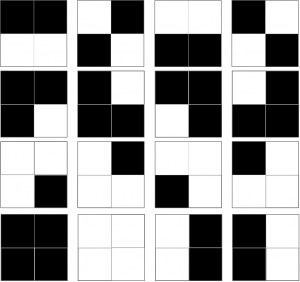This is an obsession of mine, but I think it matters. From to time we are all guilty of over-long sentences, unnecessarily long, unusual, technical or abstract words, or just writing too much. But surely some of the citizens of UD are the worst offenders. I was moved to write this by the most recent post from KF which runs to 3000 words – quite short by his standards but rather longer than the word limit for most university essays. I don’t often have time to wade through posts of this length but for once I tried and I think it can be summarised as:
Materialism means there is no ultimate foundation for ethics and no human free will and this leads to all sorts of evil behaviour.
(I may have missed other important points amongst the deluge)
I am picking on KF because he just posted and he is a serial offender, but many of us do it on both sides of the debate. Does it matter if posts and comments are too long and difficult to read? After all isn’t it the content that matters not the presentation? I don’t think so.
- Your critics are unlikely to take the time to read it. So you have subtly cut off discussion and debate.
- It often covers sloppy thinking. It is so easy to hide fallacies and lack of evidence under a blizzard of abstractions and quotes.
On a more personal level it is egocentric. It is saying that I and my idea are so important you should all be prepared to spend the next 30 minutes wading through my post. My time is too important to be spent extracting the essential points and anyway I want to show how clever I am.
Now I am must stop before I go on too long ![]()








